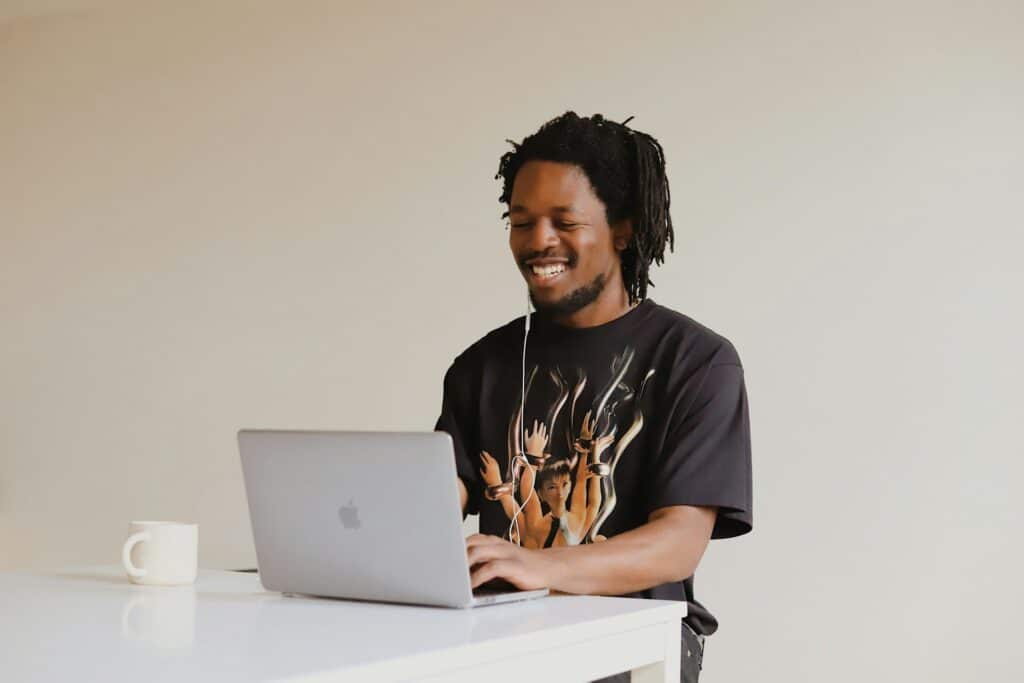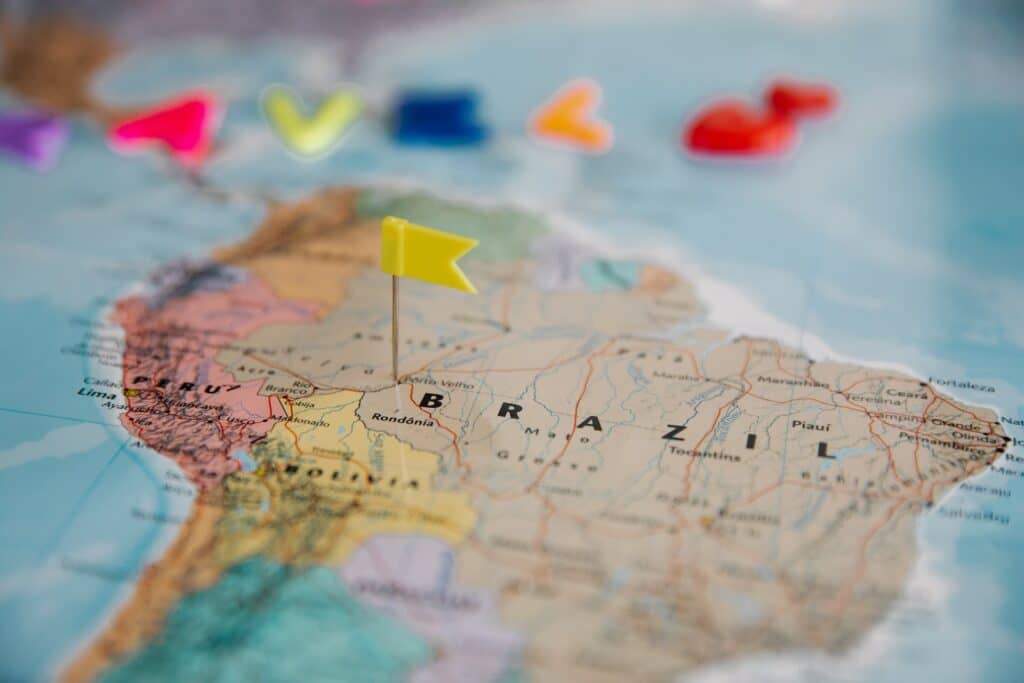166 Portuguese Abbreviations, Acronyms and Contractions for Concise Communication

Portuguese abbreviations make communication quick and easy.
After all, you don’t ask guests to “respond if you please” to your …

Portuguese abbreviations make communication quick and easy.
After all, you don’t ask guests to “respond if you please” to your …

Is the call of caipirinhas, Copacabana, Carnival, tropical sunshine and samba luring you in?
Before you can …

Having a few great Portuguese culture and education blogs in your bookmarks can provide key tips for language improvement.
In …

There are plenty of good reasons to learn Portuguese.
You can enjoy Portuguese music, expand your horizons, boost …

Portuguese audiobooks are excellent tools for both learning language concepts and exploring the wonderful world of Portuguese literature.
Read …

Above, below, before, after and everywhere in between—prepositions are super useful little words!
A preposition is a word that …

If you plan to visit Brazil, you’ll need to interact with the locals.
You’ll also be exposed to a lot …